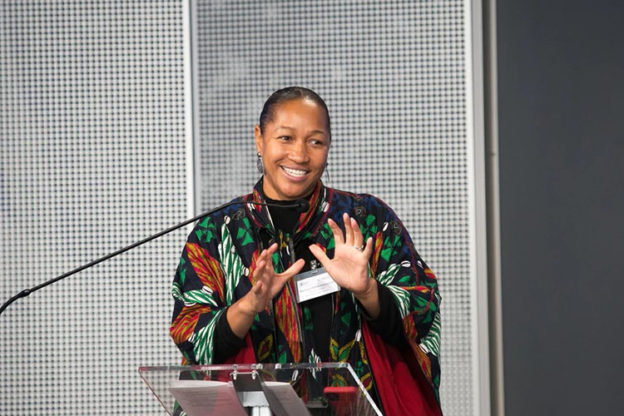Even though we are now in May, we are continuing to honor Earth Month and Celebrate Diversity Month by highlighting four leaders whose love of the natural world has launched them into a lifelong journey in environmental protection and advocacy.
Black, Indigenous, and People of Color (BIPOC) have always been at the forefront of environmental movements, developing innovative solutions to pressing environmental issues facing American communities, especially those that disproportionately bear the impact of climate change and other environmental crises.
For example, in 1968, Thomas Oliver (T.O.) Jones kickstarted the Memphis Sanitation Strike to promote a better working environment for Memphis sanitation workers, which became the first organized, nationwide African American group to advocate for environmental justice (EJ). In more recent years, Kandi Mossett, an Indigenous environmental rights advocate, led the voices at Standing Rock, North Dakota, to preserve sacred Indigenous land against imminent destruction caused by the Dakota Access Pipeline project in 2016.
Massachusetts communities also face rising impacts from climate change and harmful human activity, and BIPOC leaders are rising to the challenge at a local, regional, and statewide level. Here are just a few powerful leaders that advocate for EJ and access to nature.
Rishi Reddi, Director of Environmental Justice at the Executive Office of Energy and Environmental Affairs (EEA)
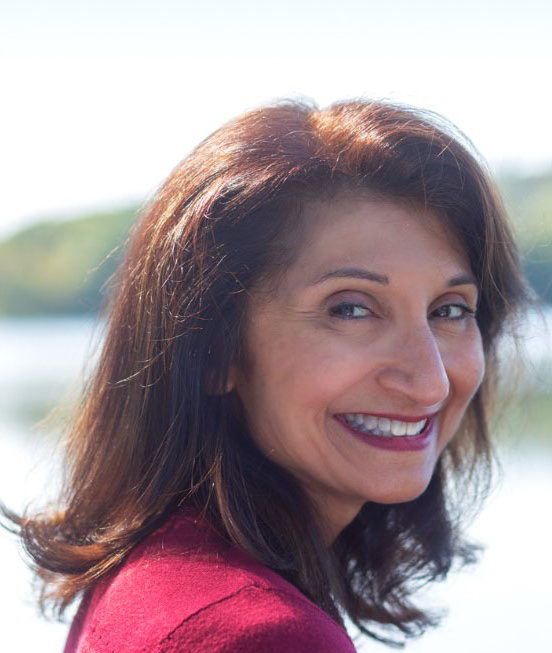
An environmental lawyer and award-winning fiction author, Reddi, who was born in Hyderabad, India, and lived in Great Britain before moving to the US, focuses on addressing laws and regulations that impact communities challenging EJ, public health, and racial injustice issues.
Reddi is working on incorporating the EEA’s environmental justice policy for Massachusetts, into state programs and initiatives, including the MEPA review process, which ensures community and health impact analysis for development. The policy expresses “the principle that all people have a right to be protected from environmental hazards and to live in and enjoy a clean and healthful environment regardless of race, color, national origin, income, or English language proficiency.”
Reddi and her team at the EEA work directly with residents in historically underinvested EJ communities to understand where and what kind of change is needed to ensure that the state protects everyone from impacts of climate change.
Melanie Gárate, Climate Resiliency Manager for the Mystic River Watershed Association (MyRWA)
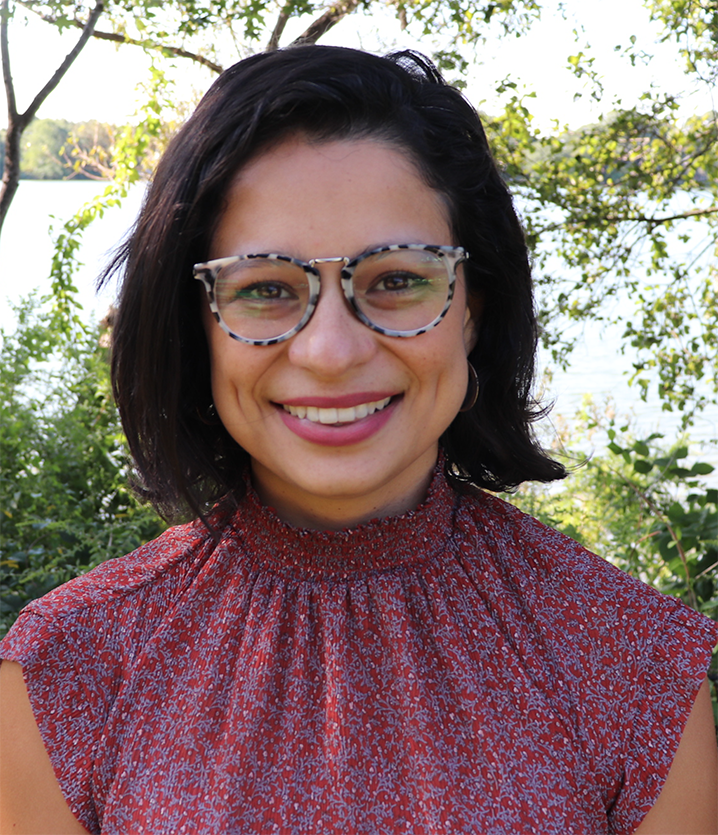
Once a Coastal Waterbird Education Specialist and Teacher Naturalist at Mass Audubon, Melanie Gárate now works closely with municipalities, public health officials, and community-based groups in the Boston area to implement climate-resilient strategies for the benefit of those most impacted by extreme weather.
In March of 2022, Gárate received the Environmental Justice and Equity Expert Urban Waters Learning Network Award funded by the EPA for her work at MyRWA. She is also a 2022 Public Voices Fellow on the Climate Crisis with the OpEd Project and Yale Program on Climate Change Communication, and she will work with other professionals to produce at least two pieces of thought leadership on how climate change impacts her community.
To learn more about Gárate’s previous role at Mass Audubon, read her 2018 In Your Words.
Raei Bridges, CEO and founder of The Rusty Anvil
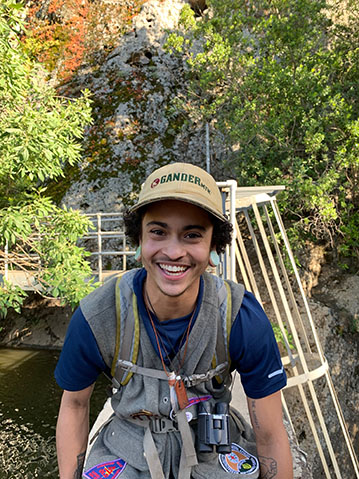
After finding personal liberation through reconnecting with the land, Raei Bridges founded The Rusty Anvil, LLC, an organization that aims to restore relationships between BIPOC community members and nature through guided wilderness trips and learning ancestral living skills while honoring the indigenous Mohican and Pocumtuc peoples who for millennia stewarded the land where the Rusty Anvil’s programming takes place.
Bridges wants to restore the powerful, healthy relationships with nature that many BIPOCs are and have been excluded from through forest emersion. This practice is “centered around BIPOC individuals in their journey towards reclamation and reconnection to the natural world,” Raei noted. “These immersions offer an opportunity to experience the healing benefits of the natural world through mindfulness-based activities, daily journaling, and movement. They are intended to bridge the gap between marginalized communities and nature, and create a non-competitive space.”
Reverend Mariama White-Hammond, Chief of Environment, Energy, and Open Space for the City of Boston
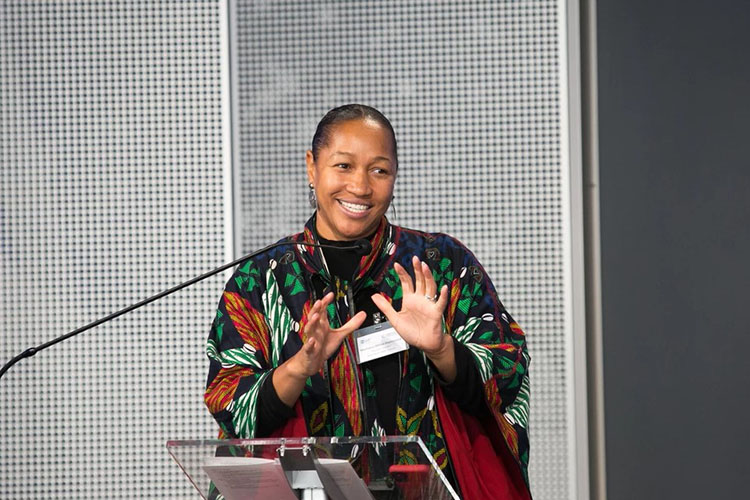
Reverend Mariama White-Hammond works to strengthen the resilience of Boston communities by protecting the water, air, climate, and land. Rev. White-Hammond oversees Climate Ready Boston, the Parks and Recreation Department, the Building Emissions Reduction and Disclosure Ordinance (BERDO), and other programs that build resilient neighborhoods and protect natural resources across Boston. She also works with other members of the Cabinet to help Boston become carbon neutral by 2050.
Rev. White-Hammond is the founding pastor of New Roots AME Church, a multi-racial and multi-class community.
Continuing to Celebrate Diversity
As we look to the future of the planet and our communities, we also see the importance of preparing the next wave of leaders in EJ and climate advocacy. Mass Audubon programs like the Environmental Fellowship Program and Willow Tree Youth Leaders Internship Program, provide young professionals of color and students with the skills and experiences needed for careers in environmental and conservation fields.
To learn more about other Mass Audubon Diversity and Equity initiatives and programs, visit our Diversity & Inclusion page.


